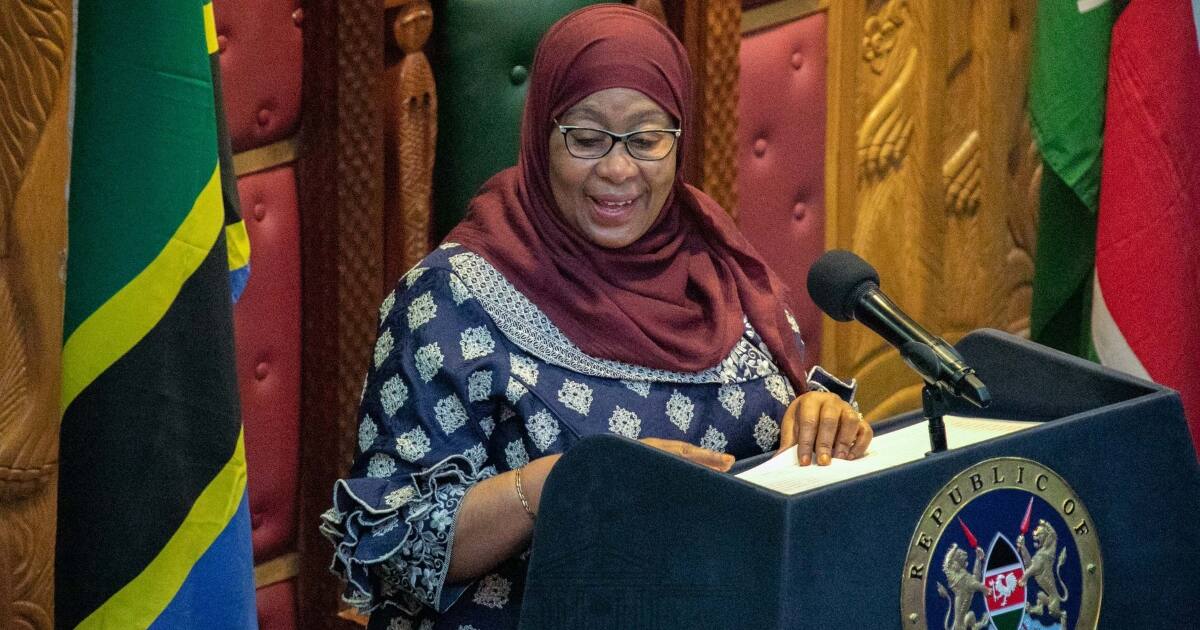

Alli and Lindsey talk with the group's creator, Sarah Henley, about its explosion in popularity over the last few years. It saves people money, reduces waste, and helps folks discover new projects they never dreamed of. The ADHD Hobby Swap Facebook group is a place where best intentions can be re-sold to like-minded hobbyists. And those with neurodiversity, especially ADHD, can become hyper fixated on something, only to completely abandon it later. Learn more (and support the cause) here: Įver buy breadmaking ingredients, crochet hooks, or a papier-mâché kit, only to spend a bunch of money and then get bored with your new hobby? You're not alone, especially during the pandemic. He also discusses the early momentum of this online medical community, and why it can be hard for them to organize (even on the Internet) amid backlash from corporate medical institutions. Nick explains the difference between disinfo grift and the alarmingly coordinated political efforts to discredit science and damage public health.
#4chan struggle session patreon license
By day, he's an ER doctor, but in his limited spare time, he's the executive director of "No License for Disinformation," a non-profit coalition of doctors who created a way to report and de-license bad actors. So who holds doctors (and other medical professionals) accountable when they spread misinformation online? The medical boards that license them should be investigating, but shocker: They're not. But the more recent phenomenon of credentialed medical doctors decrying Covid a hoax and spreading anti-vax rhetoric has more serious ramifications. Online grifters who peddle misinformation for influence and profit are a tale as old as the Web itself. Jonathan shares how the organization got started, and the online community of activists and doctors working to evolve the narrative around vasectomies. And when he began interviewing men all over the world about why they had gotten their vasectomies, the overwhelming answer was: "Love." So he co-founded World Vasectomy Day, a global movement for public health and destigmatizing family planning. He noted that misconceptions about family planning are rampant, especially in developing countries and of course, on the Internet. When filmmaker Jonathan Stack started to burn out on making documentaries about prisons and drug addiction, he decided to turn his attention toward building a positive movement.

And people from all over the virtual world are flocking to it.Ĭarbon Blossom, the communications manager for this virtual store, explains its origins, global appeal, and take Alli and Lindsey on a whirlwind tour through the history of retail.Įmail the show and leave a message! (347) 871-6548 It's one part role-play, one part time machine - a way to virtually visit what '90s American big box stores were like. Or you can make a Kmart from 1992.Īn enterprising community of VRChat players have built just that, and manage it every day, complete with employees, managers, cash registers, and products on the shelves, like Surge soda and Super Nintendo. VR is used to create immersive video games, fantastical social worlds, and surreal art. Quentin (a hearing person) shares how and why he learned American Sign Language, the tech limitations of signing in VR, and how sign language is evolving in VR to accommodate differences between headsets and motion tracking.Ī transcript of this episode was provided You can read it here: This week, Alli and Jen speak with Quentin, a 19-year-old volunteer translator and VR enthusiast, who is bridging the communications gap between deaf and hearing people in VRchat. The result is an empowering community of "Helping Hands." And sign language with current-gen VR controllers is limiting and clunky at best.īut groups of volunteer interpreters inside VR worlds are hard at work making sure these spaces are more welcoming and accessible for deaf users. Unlike other social media, VR spaces rely on verbal and physical communication rather than text. Enjoy!ĭeaf users of immersive social platforms like VRchat can face a tough time communicating. In keeping with our recent coverage of VR communities, we're sharing this encore episode about deaf users of VRchat and the volunteer translators making a big impact in social VR.


 0 kommentar(er)
0 kommentar(er)
